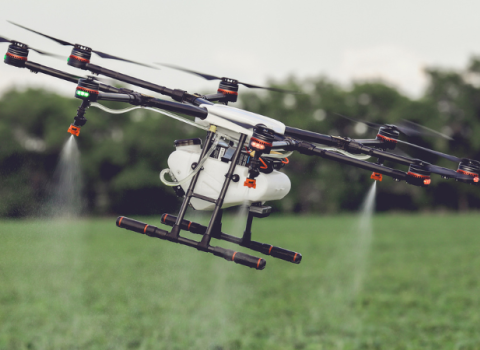
David Alcock, of D Young & Co
As widely reported, the initial determination by the United States International Trade Commission (ITC) appears to undermine the current patent protection for Tate & Lyle's blockbuster artificial sweetener Sucralose, (which is marketed as Splenda).
Under attack were ‘evergreening’ patents relating to the manufacturing process for Sucralose, which generics rival Niutang Chemical was challenging. Tate & Lyle’s share price dropped some 12 percent when the ITC issued its judgement in September.
Evergreening is used to extend the patent life of many different products. Companies use the technique to protect their crown jewels in foods, fuel, additives and other areas. Evergreening is not necessarily tied to manufacturing processes, but can be linked with new crystal forms, new compositions or formulations, an absence of previous impurities, or indeed anything that prevents a competitor from coming up with a generic version of a product.
The news that Tate & Lyle had failed to preserve the integrity of its evergreening strategy created jitters across science-based industries that are heavily dependent on evergreening practices. The concern was that the decision undermined certain evergreening principles, curtailing their power to extend patent protection.
In reality, this case was decided on the facts, and does not undermine evergreening principles per se.
However, the judgment is only an initial determination from one judge at the ITC: a binding, final determination by a six-person commission is expected by January 2009.
Whether this next stage will be used as an excuse to curb what some see as the excesses of evergreening practices, remains to be seen. For many companies a degree of uncertainty remains until then.
Sucralose is 600 times sweeter than sugar (sucrose). It was discovered in 1976, allegedly when a King’s College, London scientist tasted a chemical intermediate he was working on. That Tate and Lyle have managed to maintain patents since then is an indicator of the power of evergreening to protect against generics.
It is estimated that the GBP 302 million annual sales of Sucralose provided almost 25 percent of Tate & Lyles’s profits in the last financial year. It was the apparent failure of the evergreening strategy, combined with the critical nature of the product to Tate & Lyle’s finances that prompted the huge fall in the share price and subsequent warnings that evergreening was dead.
The ITC acts to determine the effect of imports into the US and may act to prevent unfair practices such as patent infringement. If an ITC investigation concludes that importing certain goods would infringe a US patent it can issue an exclusion order and shut foreign competitors out of the US market.
In the Tate & Lyle case, the ITC investigated whether 26, mainly Chinese, manufacturers and distributors, would infringe any one of five US patents held by Tate & Lyle by importing Sucralose products into the US.
The five US patents that Tate & Lyle depended on related solely to processes, including preparation, extraction or purification. The initial judgement of the ITC was that while these Tate & Lyle patents are valid, they are not infringed by the majority of manufacturers/distributors.
Clearly, relying on a product invented over 30 years ago to provide nearly a quarter of your profits comes with significant risks. This case provides a graphic illustration of the damage that can be done if the patent protection strategy for such a crown jewel product fails.
Unsurprisingly, Tate & Lyle has indicated its intention to file an appeal. At the same time there is a wider nervousness that the case will be used as cover to undermine evergreening strategies, given the belief in some quarters they are used to excess and are both increasing prices and patent litigation. Any judgement on evergreening practices or principles will watched with keen interest.
David Alcock is a partner of D Young & Co.





 A unique international forum for public research organisations and companies to connect their external engagement with strategic interests around their R&D system.
A unique international forum for public research organisations and companies to connect their external engagement with strategic interests around their R&D system.